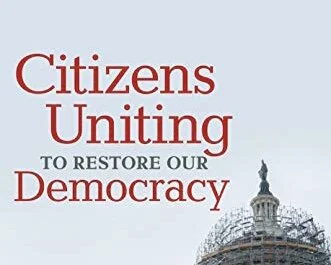Today we talk with Daniel Kemmis. Daniel studied both philosophy and political science, and names Plato, Rousseau, Jefferson, and Gandhi as his primary influences. He was minority leader and speaker of the house in the Montana State Legislature during the ‘80s, when the Sagebrush Rebellion was at its height. Later, he served as Mayor of Missoula. The intense dysfunction of those times, together with the fiercely contested land issues, inspired Kemmis to write the seminal book Community and the Politics of Place, and develop the Kemmis method for finding compromise.
Some years back, Zion National Park’s gateway community of Springdale was deeply divided from intense growing pains, verging on violence to where county sheriffs needed to attend town meetings. Zion Canyon Mesa’s Chairperson Louise Excell, together with artist Lynn Berryhill, created the “Embracing Opposites” conferences to address this division and invited Daniel to share his methods. Here, Louise interviews Daniel to discuss those ideas, the remarkable repercussions of “Embracing Opposites," then dive into his latest book Citizens Uniting to Restore Our Democracy, which he wrote as a response to these even more contentious times.
We recorded this episode on the eve of the 2020 election, but even after, it is clear that our country is divided, and our democracy begs for a practical path forward. One of Kemmis's lodestones is Jefferson's vision of educated citizens deeply involved in public life. He argues that our loss of capacity for public life parallels our loss of sense of place. "A renewed sense of community, rooted in place, and of people dwelling in that place in a practiced way can shape politics into a more cooperative, productive, and satisfying enterprise."
Daniel says that this sense of place and sense of community is made more difficult by the failure of citizens to insist that corporations adhere to certain standards for the common good. He argues that corporations cannot be citizens in a true sense and that their power over our lives thwarts our own efforts at active citizenship. “If a corporation is going to call itself and claim the advantages of being a corporate citizen, it must put its shoulder to the wheel, and help build. Left to themselves, of course, corporations are not going to practice citizenship in this way. The main reason is that they are not inhabitants in the same way that other residents of a place are. The corporations’ chief loyalty is not to the place but to the shareholders and executives who almost always live somewhere else.”
listen now on all other platforms
SHOW NOTES
Citizens Uniting to Restore our Democracy
Sure Vote
Credits
Theme Music by The Observatory
Transition Music by Kate Kilbourne

